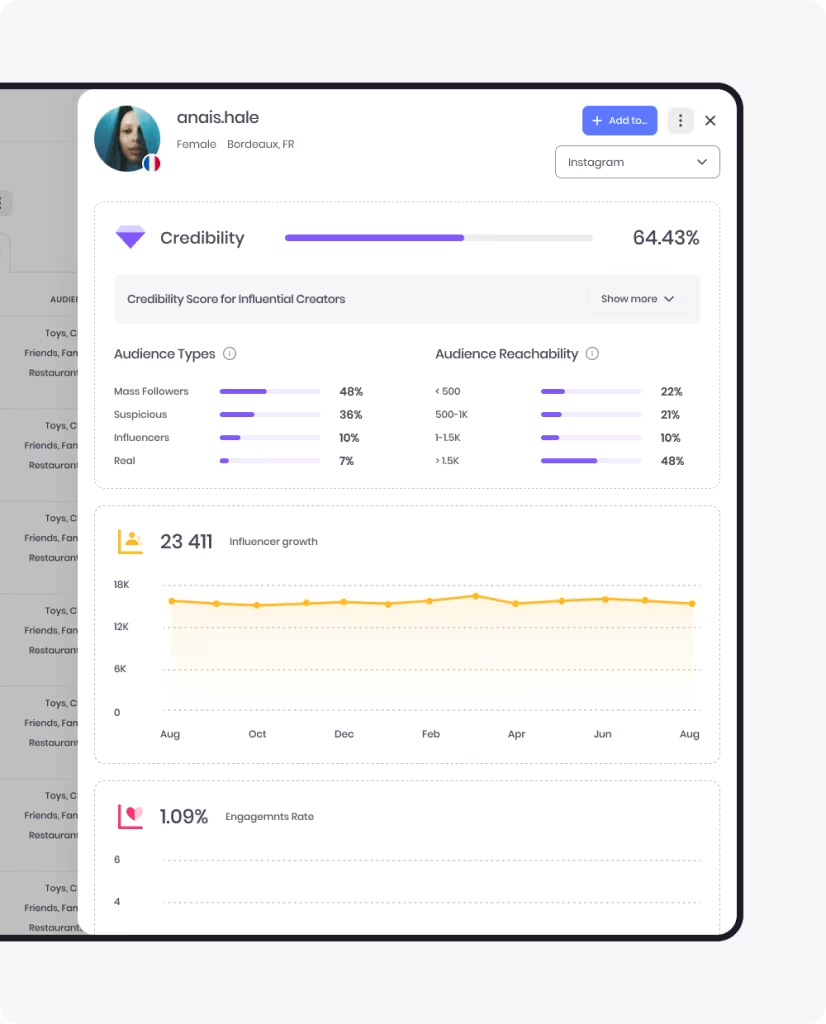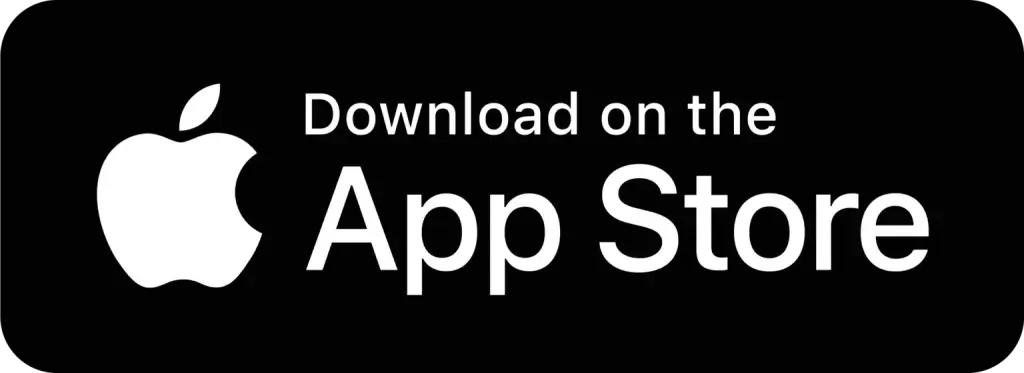For years, influencer marketing was measured by reach, likes, and whether a post “went viral.” But in 2025, brand marketers and decision-makers aren’t impressed by engagement alone. They’re asking smarter, more grounded questions: What did we get in return? Did it move the needle? Did it convert?
In fact, while 72% of B2C and 66% of B2B marketers say their social media strategies were effective when evaluated against this year’s goals, only 26% feel confident enough to call those strategies “very effective.*
What’s becoming increasingly clear: the influencer marketing industry is maturing. Today, success looks less like virality and more like value, measurable outcomes like conversions, retention, and customer lifetime value.
The New Focus: Performance Over Popularity
The demand for ROI is reshaping marketing priorities. CMOs, growth leads, and media buyers are under growing pressure to justify every line item on the budget. That means creators can no longer be chosen solely for their follower count or aesthetic. They need to drive results.
What’s changed? First, the content landscape. Authenticity is winning. In 2025, 76% of marketers say authentic content outperforms heavily produced posts. Relatable content is no longer a nice-to-have; it’s a driver of performance.
Second, the consumer journey has changed. It starts (and often ends) on social media. 84% of marketers believe social platforms are now key discovery engines*, and 69% predict more direct shopping will occur on social than traditional e-commerce platforms* this year.
Influencer marketing sits directly at this intersection of content and commerce and brands are waking up to its full-funnel potential.

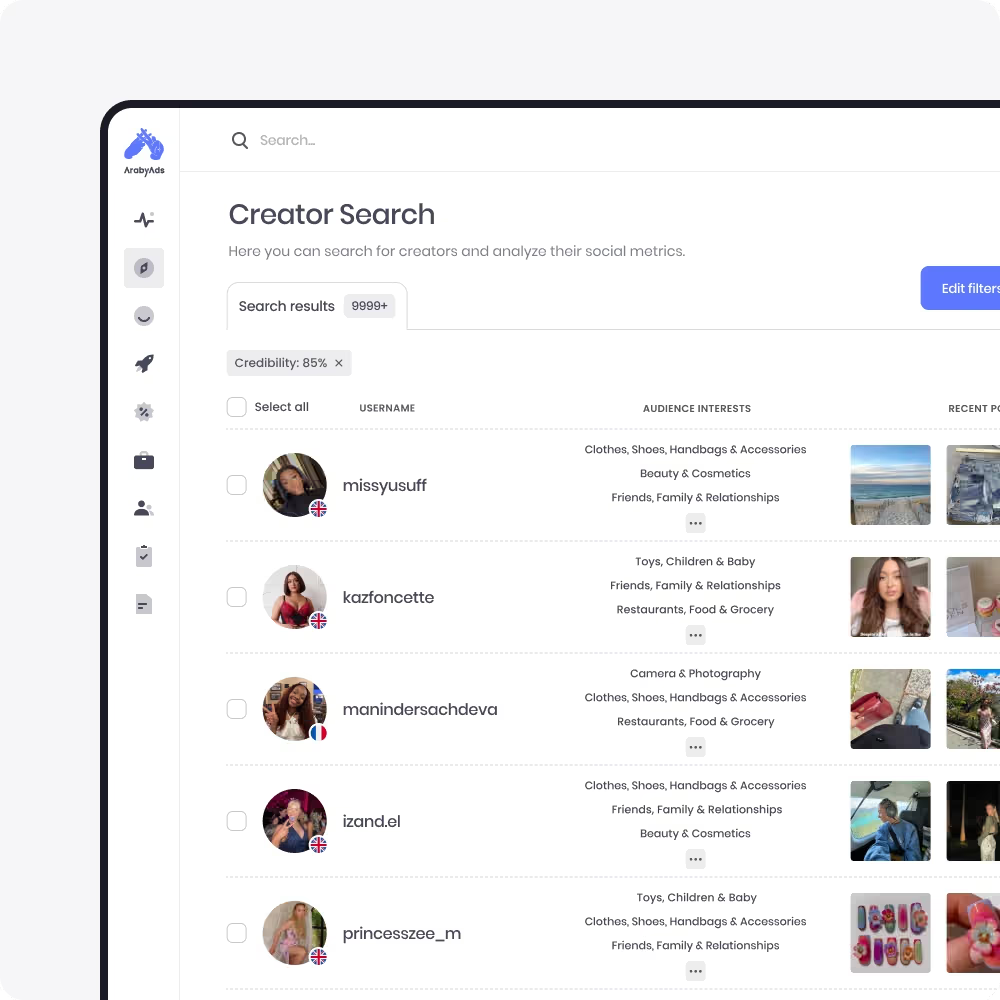
The Real Pain Points Behind the Shift
Let’s not sugarcoat it: influencer marketing can be messy without the right systems in place. Even the most experienced teams face challenges like:
- Spending hours manually sourcing creators without knowing who’s truly a fit
- Juggling inconsistent messaging across multiple influencers
- Losing campaign momentum after content goes live
- Struggling to quantify performance beyond impressions and clicks
- Failing to tie creator content to actual business impact
These aren’t minor issues. They stall growth, slow down marketing velocity, and make influencer programs harder to scale.
The good news? The market has matured to the point where these problems no longer need to be accepted as “part of the process.”
Algorithm-Proofing: A Strategic Must-Have
The reality of social media is that algorithms change constantly. What earned 100K impressions one month might struggle to get 10K the next. That’s why marketers are turning to evergreen strategies that perform regardless of algorithm shifts.
Two of the most effective tactics gaining traction:
- Boosting influencer content – to increase reach and drive consistent results with paid amplification.
- Content licensing – so creators’ best-performing content can be reused across paid, owned, and earned media without legal red tape.
This is about future-proofing performance. Instead of relying on one-off engagement spikes, brands are building campaigns with longevity, scalability, and repeatable ROI in mind.
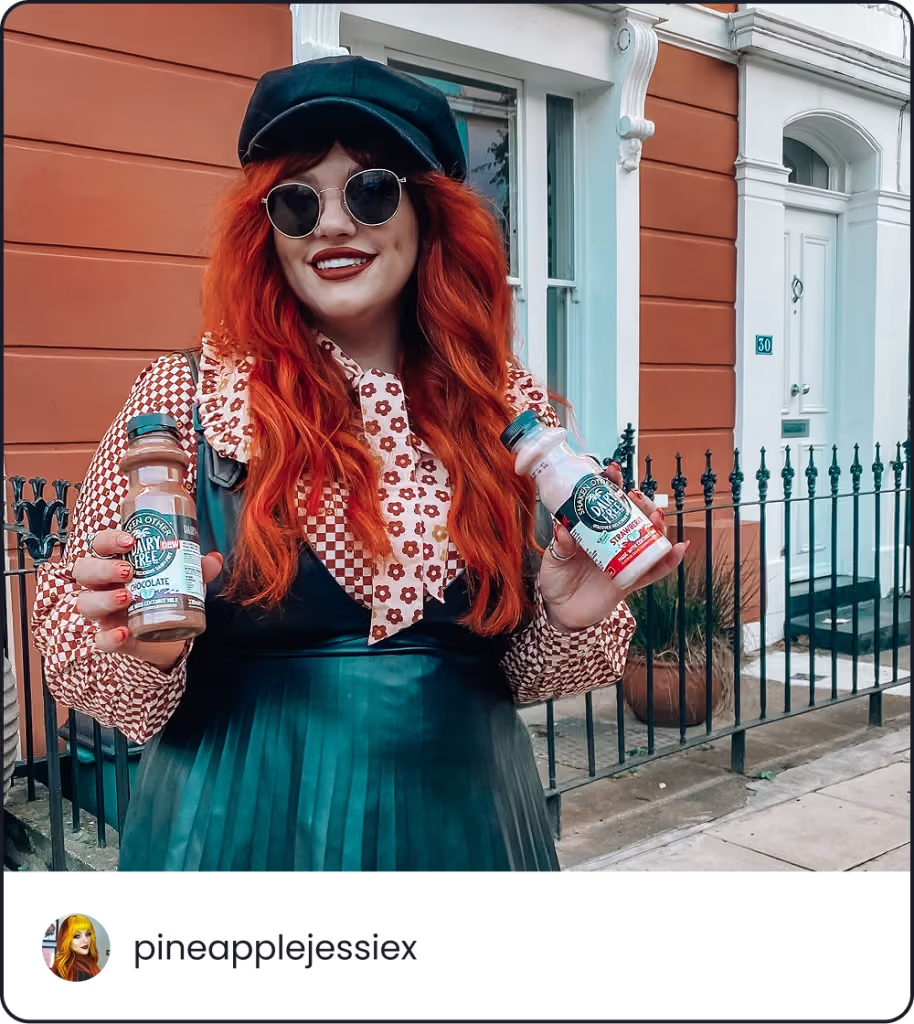
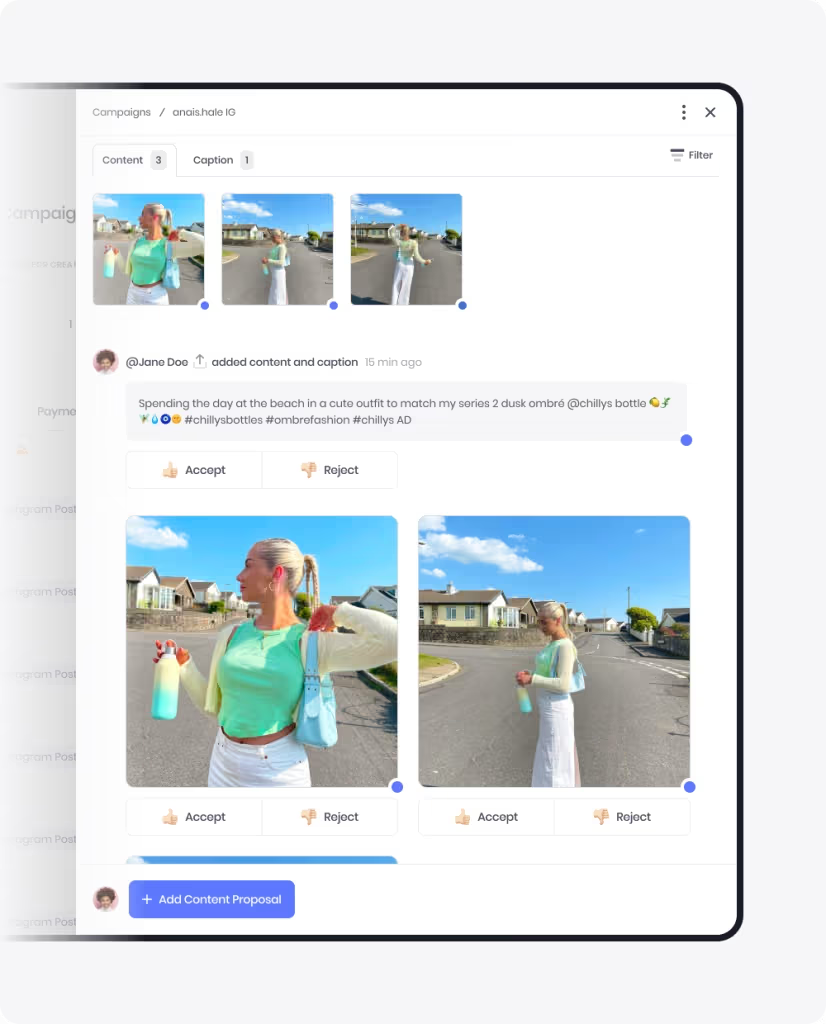
How brands are managing creator content without killing authenticity?
One of the most common misconceptions in influencer marketing is that you have to choose between authenticity and control. But the data and the most forward-thinking brands say otherwise.
Influencer content doesn’t need to be polished to perform. In fact, high production value can sometimes diminish trust if it feels overly scripted. The sweet spot is content that feels real, yet aligns tightly with brand messaging.
Scaling that kind of content takes structure. Think:
- Thoughtful briefing processes
- Creative guardrails without limiting originality
- Regular creator feedback loops
- Reliable performance tracking and optimization
With this approach, brands can build high-performing creator ecosystems that feel native and organic, not forced.
Turning Influence into Revenue
At its core, the shift toward performance marketing is about accountability. Brands want to understand what’s working, what’s not, and where to allocate spend for maximum impact.
In this landscape, influencer marketing is no longer a “nice-to-have.” It’s a full-funnel channel that can drive brand lift, mid-funnel education, and lower-funnel conversion if it’s supported by data, strategy, and the right infrastructure.
And here’s where influencer marketing platforms play a critical role.
The Role of Influencer Marketing Platforms
As influencer marketing becomes more complex, influencer marketing platforms help simplify, systematize, and scale everything from discovery to reporting. Here’s what top-performing teams are gaining by integrating a platform into their stack:
- Curated Influencer networks tailored to brand goals and audience fit
- Automated campaign workflows that streamline campaign setup, briefing, and approvals
- Real-time analytics dashboards that tie creator performance to business KPIs
- Centralized content and asset management to keep teams aligned across campaigns
The result? Less friction. More focus. Better outcomes.
Why indaHash
This is exactly where indaHash steps in.
Built to empower performance-focused teams, indaHash connects brands with vetted global creators and manages the entire campaign lifecycle. Whether you’re running one campaign or managing a global influencer program across markets, indaHash delivers the structure, automation, and scale that high-performing teams need.
Want to turn your influencer program into a predictable revenue driver?👉🏻 Explore how indaHash helps brands shift from reach to revenue
* Sources: HubSpot x Masters in Marketing – 2025 Global Social Media Trends Report

